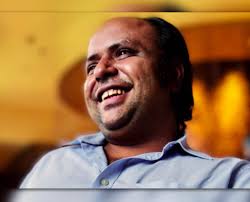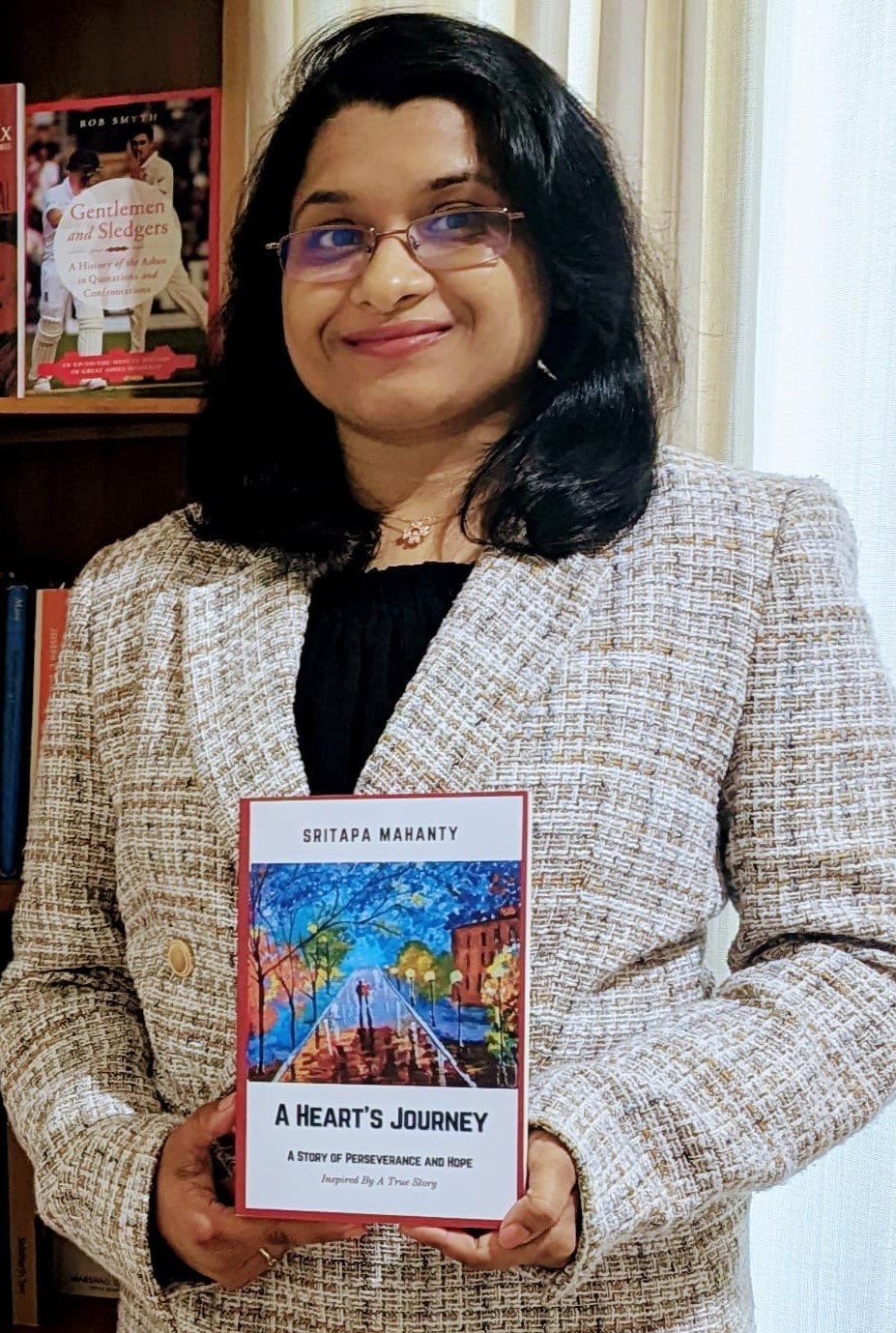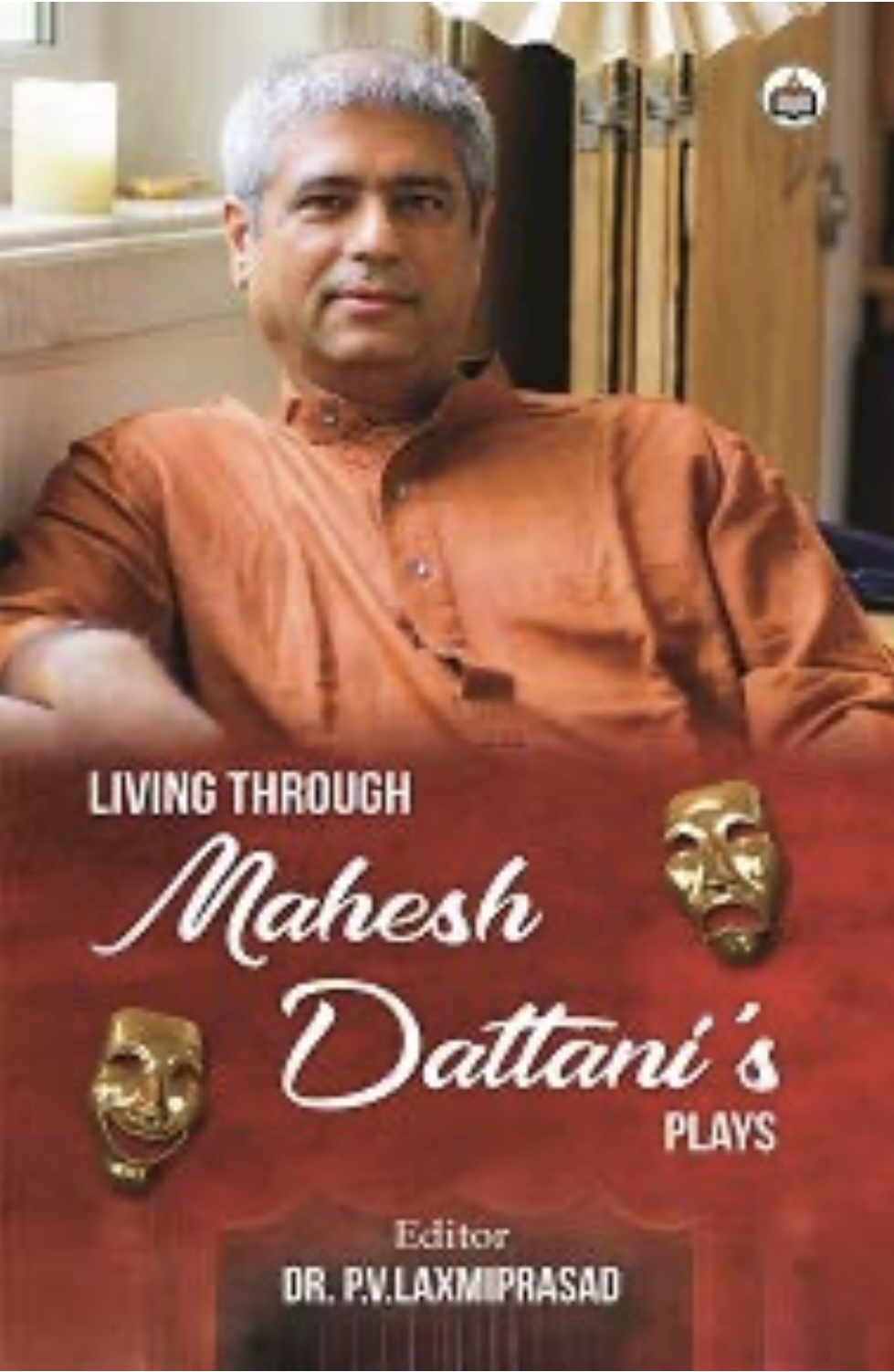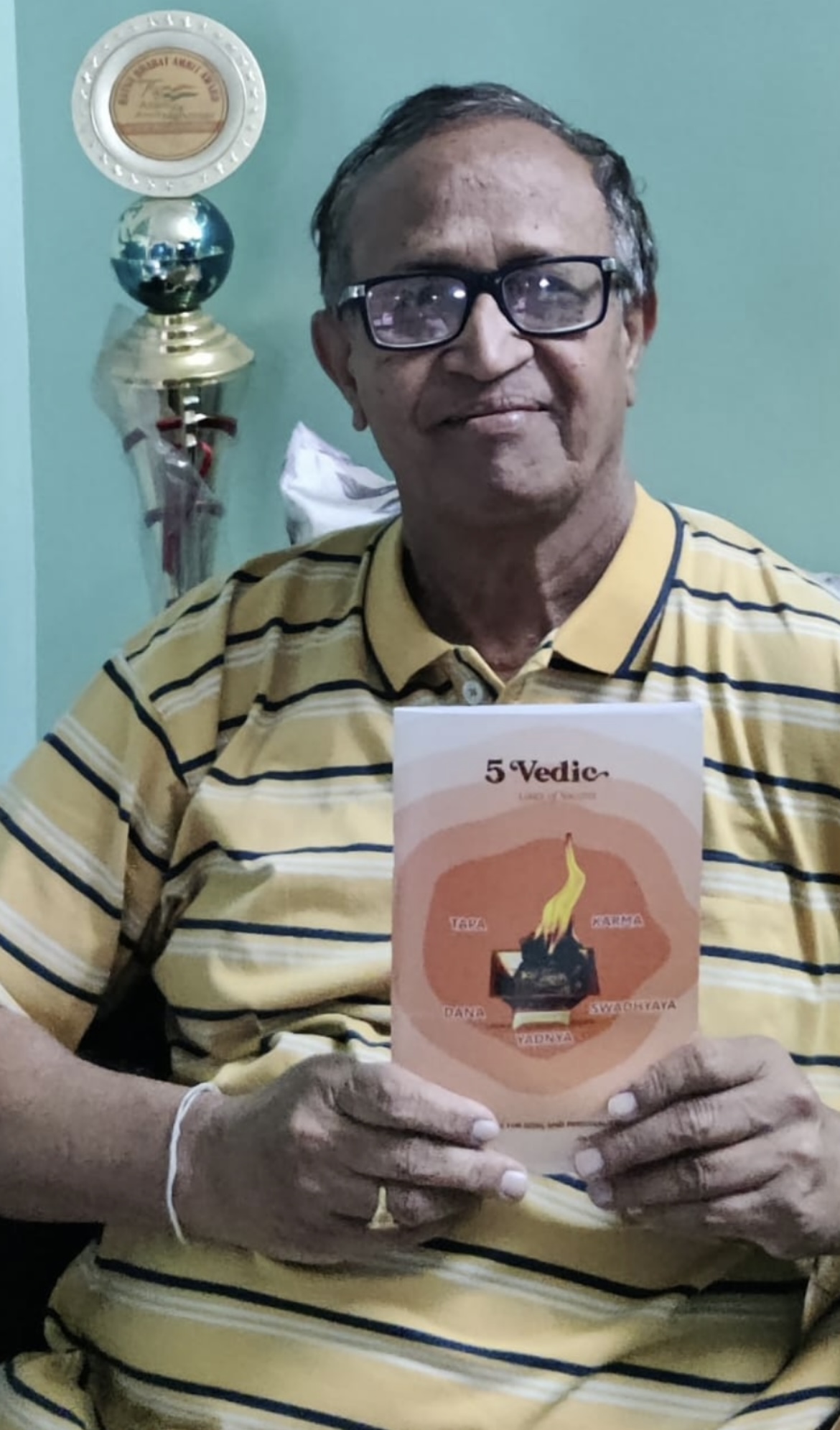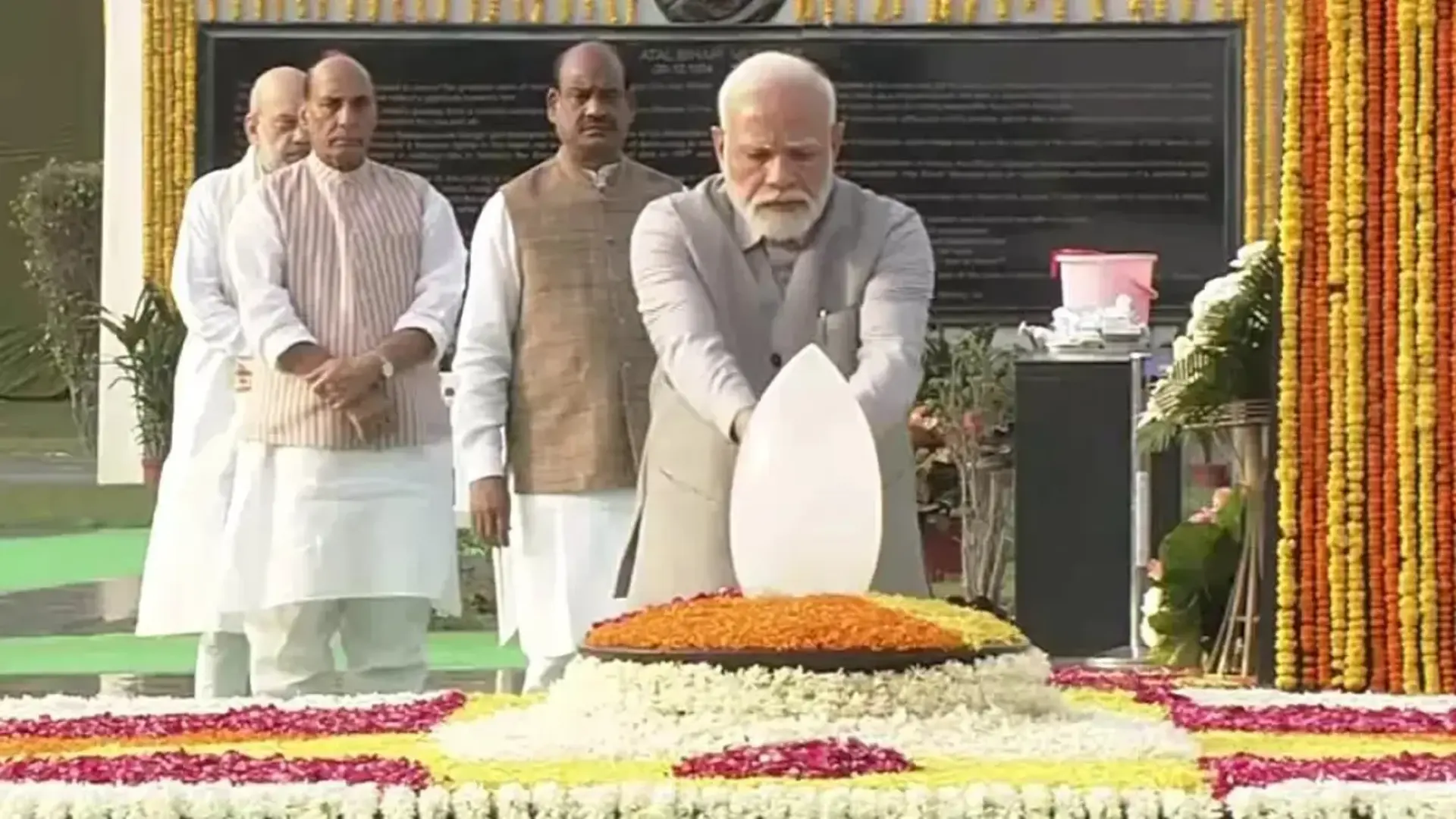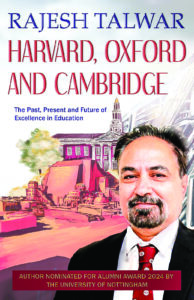Rajesh Talwar, a former United Nations official and current consultant, lawyer, and best-selling author, presents an insightful and thought-provoking exploration of education in his latest book, “Harvard, Oxford, and Cambridge: The Past, Present, and Future of Excellence in Education.” This book, which is both a critique and a guide for policymakers, seeks to elevate the standards of education in India to meet global benchmarks.
Talwar’s extensive background and experience in the international arena lend significant weight to his analysis and recommendations. The book is structured to provide a comparative study of educational standards across the globe, with a particular emphasis on Asia. Talwar examines the pedagogical approaches and educational systems of three of the world’s most prestigious universities—Harvard, Oxford, and Cambridge—and juxtaposes them with those in other regions, particularly India.
A significant portion of the book is dedicated to exploring how modern technology, specifically Ed-Tech and artificial intelligence (AI), can revolutionize education. Talwar is optimistic about the potential of these technologies to achieve full literacy, a goal that has eluded many nations, including India. He provides a thorough analysis of how these tools can be implemented to overcome the critical challenges faced by the Indian educational system.
One of the key arguments Talwar makes is the need for India to attract foreign students and to allow foreign universities to establish campuses within the country. This, he argues, would foster a more competitive and high-quality educational environment. Additionally, he makes far-reaching recommendations to address the four Es of education in India: expansion, equity, employability, and excellence. These recommendations are designed to not only improve access to education but also ensure that it is of high quality and relevant to the job market.
Talwar’s book also delves into some of the perplexing questions surrounding India’s educational and socio-economic landscape. He ponders why so many Indians have risen to top executive positions in global companies despite the country’s infrastructural challenges. He suggests that the key to solving such paradoxes lies in reforming the educational system. The author’s vision extends beyond just improving education in India. He predicts a future where Asia, with its increasing affluence and influence, will become the epicenter of global educational excellence. Talwar’s futurist perspective is both bold and compelling, as he outlines a roadmap for how this shift could occur. His suggestions are innovative and unorthodox, ranging from policy reforms to the integration of cutting-edge technology in classrooms.
However, at times, Talwar’s optimism may come across as overly ambitious. What sets Talwar’s book apart is his engaging and relatable writing style. He manages to present complex ideas and recommendations in a manner that is accessible to a broad audience, including policymakers, educators, and the general public. His informal tone makes the book an enjoyable read, even as it tackles serious and significant issues.
“Harvard, Oxford, and Cambridge: The Past, Present, and Future of Excellence in Education” is a must-read for anyone interested in the future of education, not just in India but globally. Talwar’s insights and recommendations provide a valuable blueprint for achieving excellence in education, making this book an essential addition to the discourse on educational reform.


